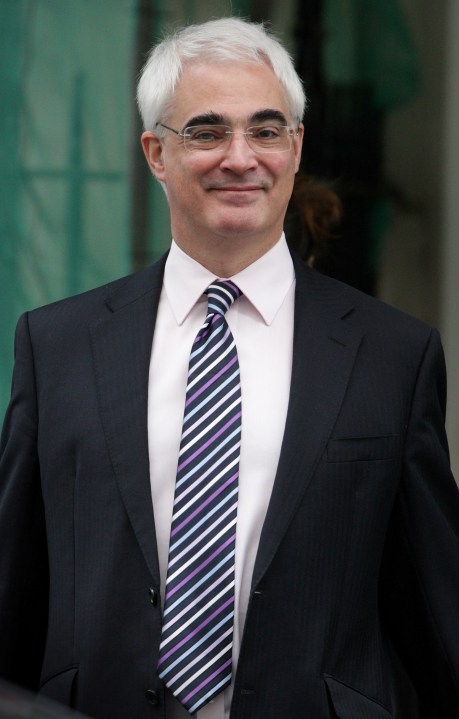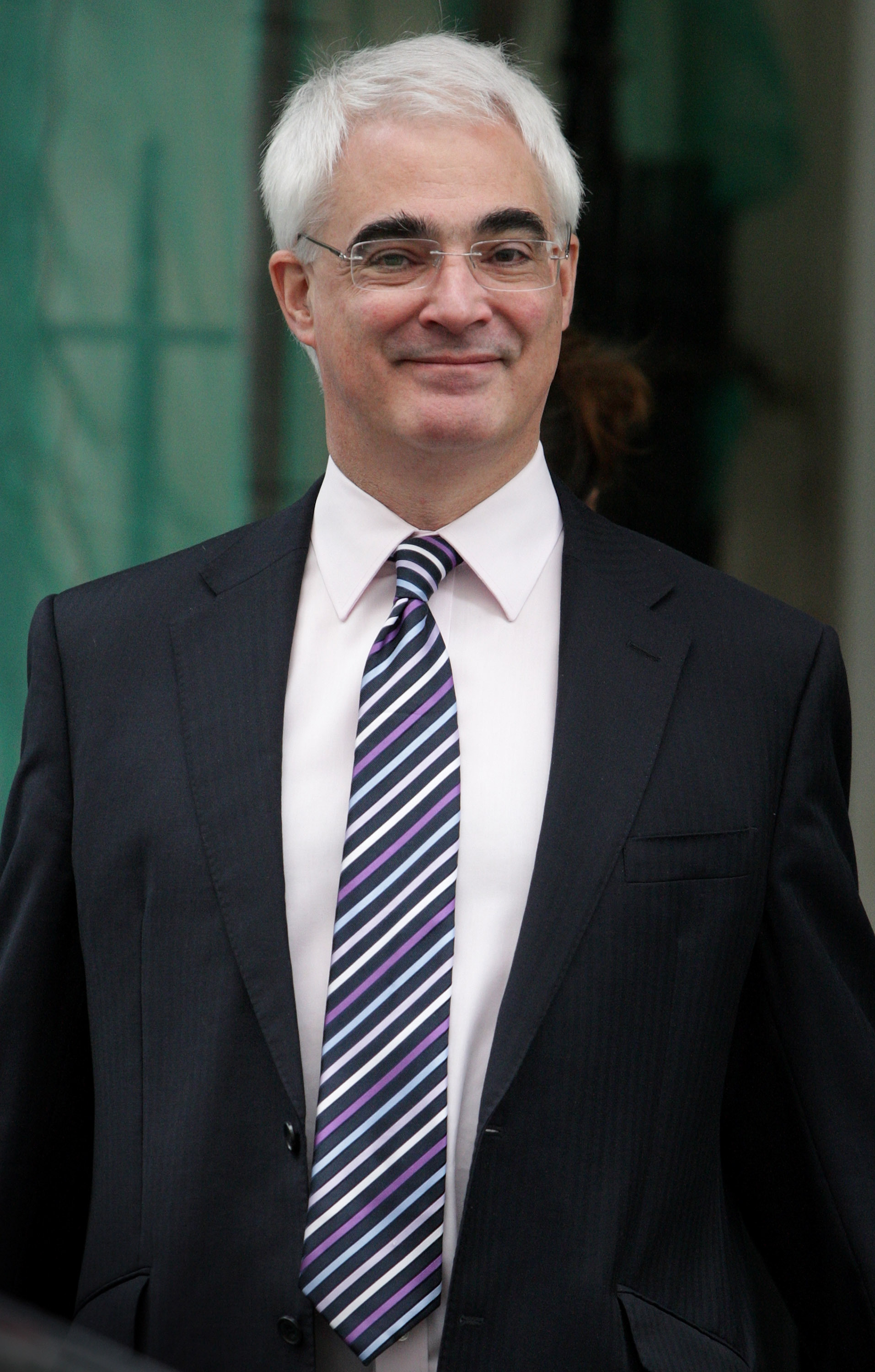 Might Alistair Darling prove to be a hero of the Labour endgame? When he was first appointed, I argued that he’d be a puppet – “no more a Chancellor than Captain Scarlet was an actor”. I have since heard plenty of stories to the contrary: that he is doing a pretty good job saving taxpayers from the baser intentions of Brown, Balls, Cooper etc.
Might Alistair Darling prove to be a hero of the Labour endgame? When he was first appointed, I argued that he’d be a puppet – “no more a Chancellor than Captain Scarlet was an actor”. I have since heard plenty of stories to the contrary: that he is doing a pretty good job saving taxpayers from the baser intentions of Brown, Balls, Cooper etc.
He has been busy chasing Shriti Vadera away from his territory – she’s prowling the City, claiming to speak with Brown’s authority. He is pushing for transparency and honesty in the government, insisting that his Pre-Budget Report went to 2013/14 so he could show how he would get the deficit back to zero (Brown wanted to drop the tax-raising bad years). His Budget, for example, was the first since 1996 not to have some hidden trick. And, most importantly, he has been resisting Brown’s current attempts to have a massive tax cut in the Budget funded by the Bank of England ahead of the June local elections. There will be a “stimulus”, I’m told, but the Treasury and No.10 disagree over its size. Since being appointed, Darling has twice offered to resign: not in a threatening way, but just to make Brown know that he doesn’t live in fear of the backbenches. And he need not spell out what damage he could cause if he did a Geoffrey Howe. So Darling strikes a different (if not deliberately inharmonious) note from No.10.
But why this difference? Here’s my theory: that Darling is an honest man who believes that as Chancellor he has a duty to level with the public about the debt carried in their name, especially during such times. Unlike Brown, he does not see the Budget as a political weapon, a 220-page piece of hate mail to post to Notting Hill. He sees himself as guardian of the nation’s finances. He is not slavishly loyal to Brown. But perhaps most of all, HM Treasury as an institution is asserting itself again. Darling is slowly realising from Treasury civil servants what Brown and Balls made them do in the last decade. The Treasury has traditionally been bastion of fiscal rectitude, but Brown made it into the Arthur Daley department for debt concealment. This greatly offended many in the Treasury, who are now speaking directly to Darling and saying: there is no more money. Also the Treasury staff will, unlike Brown, be here the day after the election to clean it up. They have every incentive to stop Brown trashing the economy.
Remember, HMT has a wonderfully subversive form. Three decades ago it was patriots within the Treasury civil service who massively overstated public spending, and told Healey that government debt was 60% of GDP in 1976. The real figure was 42% – but by the time Healey realised that the IMF had been called in and a cuts agenda started. “I cannot help suspecting that Treasury officials deliberately overstated public spending in order to put pressure on governments which were reluctant to cut it,” moaned Healey in his memoirs. I like to think of the band of Treasury officials who pulled this off having a quiet celebratory drink together in the Red Lion; their resourcefulness and sharp-thinking saved Britain from a desperate, spendthrift government.
The Treasury have no chance of repeating this trick, seeing as Brown knows every trick in the book and is a master of dressing up 50p as £1. But this statistical chicanery is harder to implement from No.10, and the Treasury have a good chance of softening the blow he intends to inflict on the taxpayer in the next Budget. With Darling resisting pressure for tax cuts, and promoting transparency, the taxpayer may well have found an unlikely hero in 11 Downing Street. And my, do we need one.








Comments